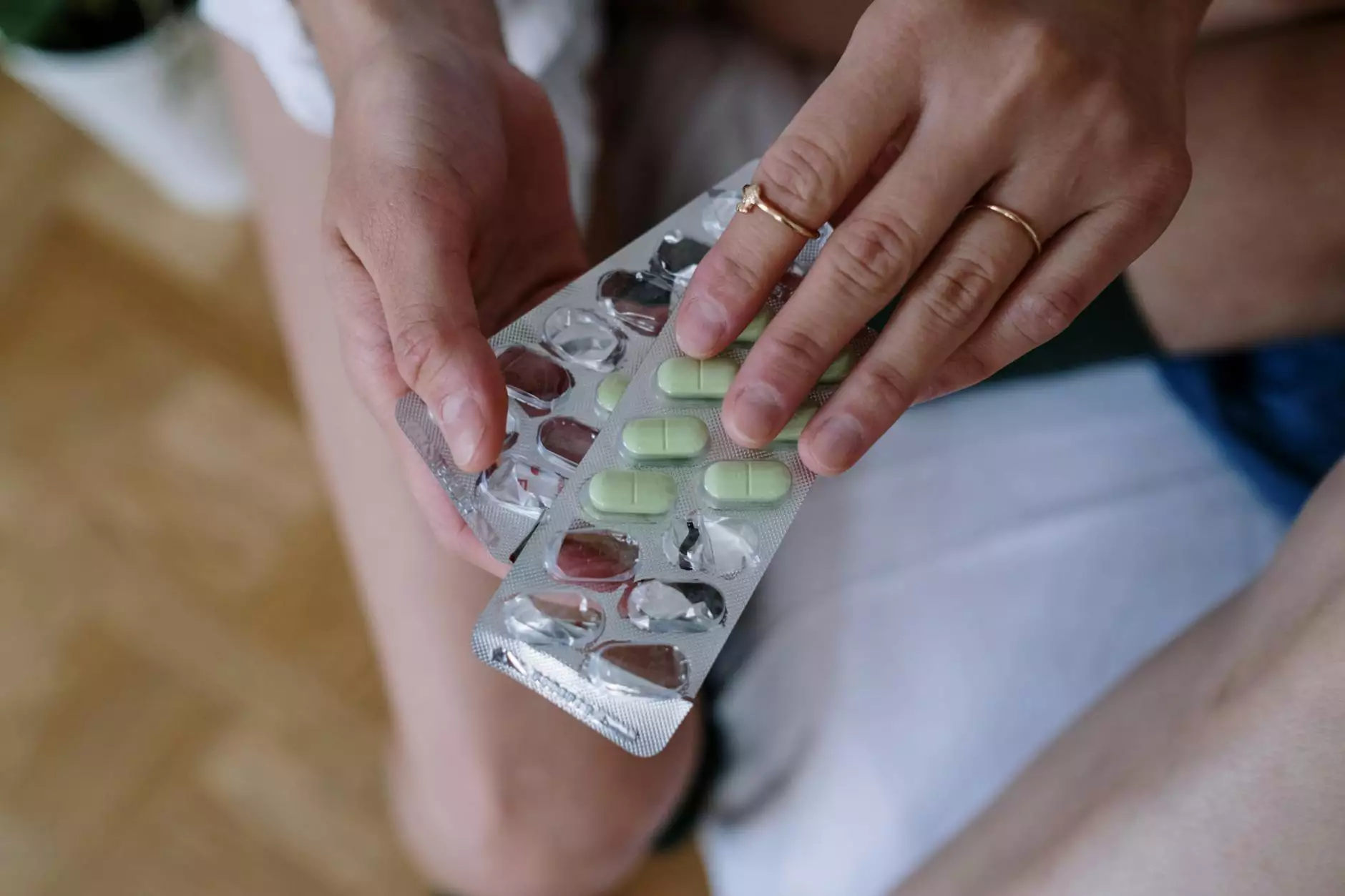The Intricate World of Horse Drugs: A Comprehensive Guide

In the realm of racehorse care, understanding horse drugs is paramount. These medications play a crucial role in ensuring the health and performance of racing equines. In this extensive article, we will delve into the various types of horse drugs, their applications, and the essential considerations for horse owners and trainers.
What Are Horse Drugs?
Horse drugs encompass a wide range of pharmaceuticals specifically designed for equine health. These medications can be classified into several categories based on their purpose, such as:
- Anti-inflammatories: Used to reduce inflammation and pain.
- Anesthetics: For pain management during procedures.
- Antibiotics: To combat bacterial infections.
- Vaccines: For preventing diseases.
- Performance-enhancing drugs: To improve athletic performance, often subject to regulation.
The Importance of Horse Drugs in Racehorse Care
Effective management of racehorses requires an in-depth understanding of the medications available. Each class of horse drug serves a significant role in maintaining the equine athlete's overall well-being. Here’s why they are important:
- Health Maintenance: Regular use of certain horse drugs can prevent health issues that may arise during training and competition.
- Injury Recovery: After injuries, appropriate medications help racehorses recover faster and safely return to racing.
- Performance Enhancement: Some horse drugs are legally used to enhance performance but must be carefully managed.
- Overall Welfare: Proper medical attention, including the use of horse drugs, promotes the horse’s overall welfare and longevity.
Types of Horse Drugs Used in Racing
Understanding the different types of horse drugs is crucial for anyone involved in the racing industry. Below we explore some common categories:
1. Non-Steroidal Anti-Inflammatory Drugs (NSAIDs)
NSAIDs are essential for managing pain and inflammation in horses. Common examples include:
- Phenylbutazone (Bute): A widely used NSAID in equine medicine.
- Flunixin Meglumine: Often used for colic and surgical pain relief.
2. Antibiotics
Infections can pose a significant threat to a horse’s health. Antibiotics are critical in treating such conditions. Common choices include:
- Procaine Penicillin: Effective for treating bacterial infections.
- Tetracycline: Used for respiratory and skin infections.
3. Anesthetics
For procedures requiring pain relief, anesthetics are vital:
- Xylazine: Commonly used for sedation and analgesia.
- Ketamine: An injectable anesthetic used in various surgical procedures.
4. Corticosteroids
Corticosteroids are potent anti-inflammatory drugs used for:
- Reducing Swelling: Quick action in acute injuries.
- Treating Allergies: Effective in managing allergic reactions.
Regulations Surrounding Horse Drugs
The use of horse drugs in racing is strictly regulated to ensure fair competition and the health of the horses. Some key regulations to be aware of include:
- Withdrawal Times: Each drug has a defined withdrawal period before a race.
- Prohibited Substances: Certain drugs are banned in racing altogether. It is essential for trainers and owners to be informed.
- Monitoring and Testing: Races often include tests for banned substances to ensure compliance.
Choosing the Right Horse Drugs for Your Racehorses
Making informed decisions about horse drugs is crucial for the welfare of your racehorses. Here are some tips to consider:
1. Consult a Veterinarian
Always work with a qualified veterinarian who specializes in equine medicine. They can prescribe the appropriate medications based on your horse's specific needs.
2. Keep Records
Maintain detailed records of all medications administered to your horses, including dosages and administration dates, to aid in compliance with regulations.
3. Stay Informed
Continuously update your knowledge about horse drugs and changes in regulations affecting their use.
4. Follow Withdrawal Guidelines
To ensure your horse is not disqualified due to illegal substances, strictly adhere to withdrawal timelines for any drugs administered.
Best Practices for Administering Horse Drugs
Proper administration techniques are essential to ensure the effectiveness of horse drugs. Here are best practices to follow:
1. Correct Dosage
Administer drugs as per the vet’s recommendation. Overdosing can lead to serious health issues.
2. Right Method of Administration
Understand if the drug is to be given orally, intravenously, or intramuscularly. Each method has specific techniques and protocols.
3. Watch for Side Effects
Monitor your horse closely for any reactions to medications and report them to your veterinarian immediately.
Highlighting the Benefits of Responsible Horse Drug Use
Responsible use of horse drugs leads to significant benefits:
1. Improved Performance
The right medications can enhance a horse's performance while ensuring their health is not compromised.
2. Enhanced Recovery
Injured racehorses can recover more quickly with the appropriate medical care and drug therapy.
3. Peace of Mind
Knowing that you are using medications responsibly assures you, as an owner or trainer, that you are prioritizing your horse's welfare.
The Future of Horse Drugs in Racing
As science progresses, the world of horse drugs continues to evolve. New research and innovations promise improvements in both performance and welfare. Here are a few future trends to watch:
1. Advances in Pharmacology
New formulations and delivery methods may enhance efficacy and reduce side effects.
2. Tailored Medications
Custom medications based on individual horse needs may become more prevalent, providing more effective treatments.
3. Enhanced Regulatory Measures
With greater attention to equine welfare, we can expect regulatory bodies to raise standards and increase monitoring of drug use.
Conclusion
The role of horse drugs in the racing industry cannot be understated. Proper understanding, responsible use, and adherence to regulations ensure that racehorses can perform at their best while prioritizing their health and welfare. As a horse owner or trainer, making informed choices about medications will enhance not only your horses' capabilities but also their overall quality of life.
Visit racehorsemedcare.com for more information on horse drugs and equine care to keep your racehorse healthy and performing to its fullest potential.









